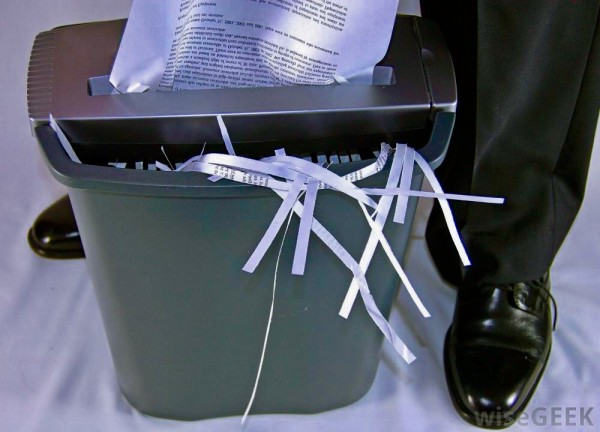The issue of spoliation is rarely dealt with in case law. It is a term that one hears regularly in the context of insurance claims related litigation and other litigation generally. Subrogating insurers want (or should want to) to ensure evidence is preserved to ensure they can prove their case. Liability adjusters can also have good reason to preserve evidence. Courts have generally held that to establish spoliation, you must establish not only that evidence has been compromised (damaged, destroyed, lost etc.) but also that it has happened intentionally and in circumstances where a reasonable inference can be drawn that the evidence was destroyed to affect the litigation. However there is little direction on what the consequences are for a spoliating party. The question of whether spoliation is an independent cause of action (in addition to being an evidentiary rule) has been an open question that courts in Ontario have been reluctant to determine.
The Ontario Court of Appeal had reason to consider the issue of spoliation in the recent case of Trillium Wind Power v. Province of Ontario. In Trillium, the plaintiff applied for authorization through the government to operate a wind farm as part of a program the government was promoting. Substantial investments were made by the plaintiff in furtherance of those efforts including environmental studies required by the government. The government halted its consideration of any further wind farm projects; (cancelled the program it had been promoting) without notice which put an end to the plaintiff’s project.
The plaintiff sued the government for damages resulting from its improper cancellation of the program. That claim was dismissed. The plaintiff was, however, able to advance a damages claim for ‘misfeasance in public office’ based on the assertion that the government timed the cancellation of the program in order to prevent the plaintiff’s financing from concluding so that the plaintiff could not challenge the government’s decision to cancel the wind project. This claim was also dismissed.
The plaintiff also advanced a claim for spoliation on the basis that the government had intentionally destroyed records relevant to contemplated litigation such that an inference could be drawn that the destruction was aimed at affecting the litigation. The spoliation claim was dismissed by the motion judge. The Court of Appeal reversed this decision, noting that the government’s intentional destruction of documents was a matter of public record as set out in an investigative report of the Information and Privacy Commissioner subsequent to the McGuinty government’s cancellation of the gas plant cancellation. Given this, the Court of Appeal found that the case for spoliation had been made out. Therefore that part of the appeal was allowed. In other words, the Court of Appeal held that the government had destroyed evidence in circumstances that allowed for an inference to be drawn that the evidence was destroyed in order to garner an advantage in contemplated litigation.
With this finding in place, one might expect the court would either make an order as to damages or send the matter back for a trial on the issue of damages arising from the spoliation. The Court of Appeal, however, refused to do so. Despite finding that the government had intentionally destroyed records in the case, they concluded that even with the drawing of an adverse inference, the plaintiff would not have been able to make out its case that the government was compelled to continue with the wind farm project. Therefore the plaintiff could not prove damages. In other words, the absence of the missing documents could not have affected the outcome of the case.
The court was faced with a dilemma -how to penalize the government for its improper conduct even though it did not and could not have affected the outcome of the claim? The court determined that the appropriate remedy was to deny the government its costs in the motions below that were subject of the appeal and to award the plaintiff costs of the appeal. This was premised on the finding that the government’s action had been an abuse of process given the rules that require production by parties to litigation of relevant evidence.
The court explicitly decided not to decide whether spoliation was an independent cause of action, leaving that issue for another day as they have done in prior years. The court has been deferring making a decision on this issue for several decades now. This creates the potential for ongoing moral hazard – while parties who require evidence to prove their case will continue to be motivated to preserve that evidence, parties that may benefit from evidence going ‘missing’ still face no clear penalty from going down that road other than not being awarded costs. One can infer, however, that in a case where the missing evidence could have affected the outcome of the case, the court may have ruled differently. Perhaps they are waiting for just such a case before clarifying whether spoliation is in fact an independent tort.




